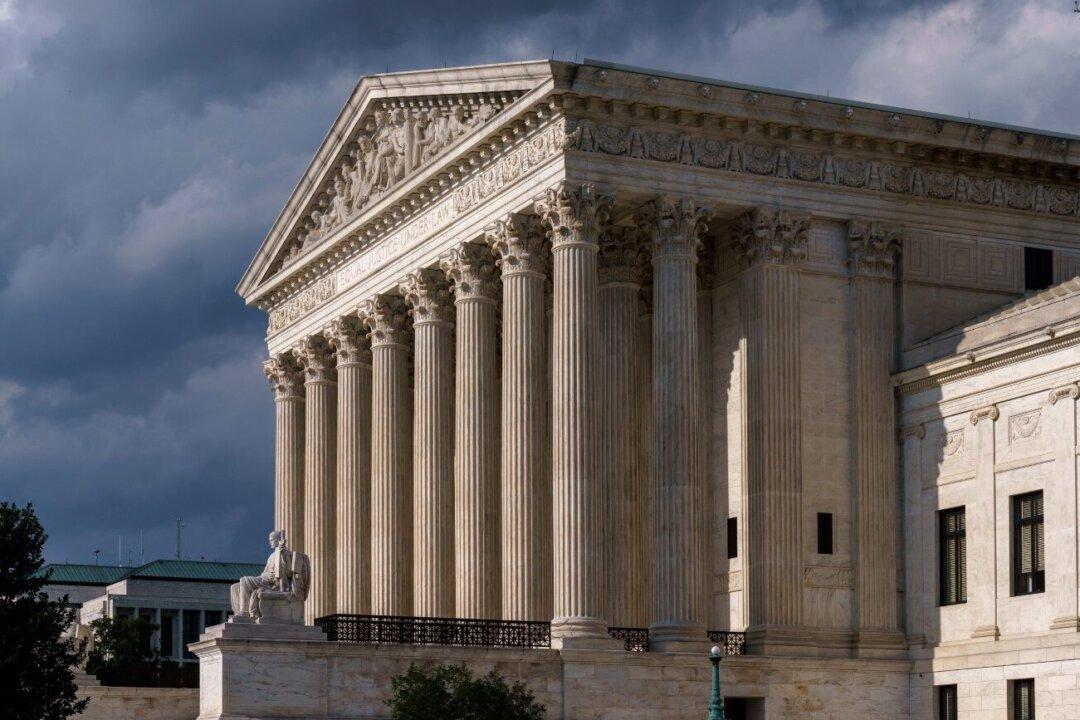The Supreme Court on Thursday ruled in favor of two conservative groups that challenged a California requirement that tax-exempt charities provide the state the identities of their top financial donors.
The justices, in a 6–3 ruling, sided with the two nonprofit groups—the Americans for Prosperity Foundation and the Thomas More Law Center—in finding that the California attorney general’s policy, in place for the past decade, violates the Constitution’s First Amendment guarantees of freedom of speech and association.





